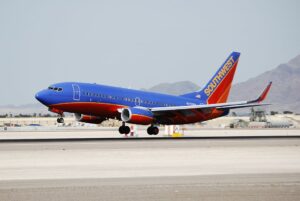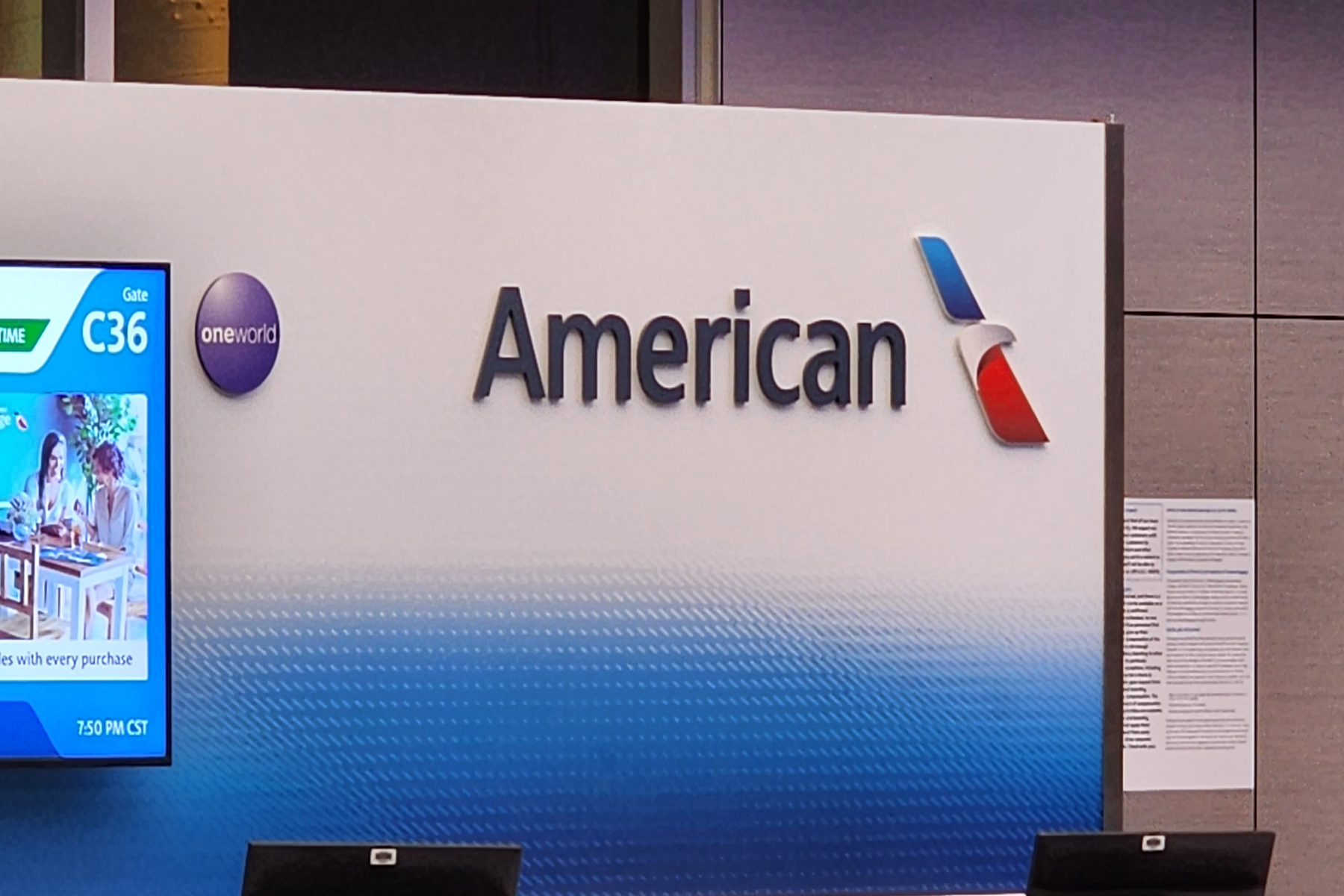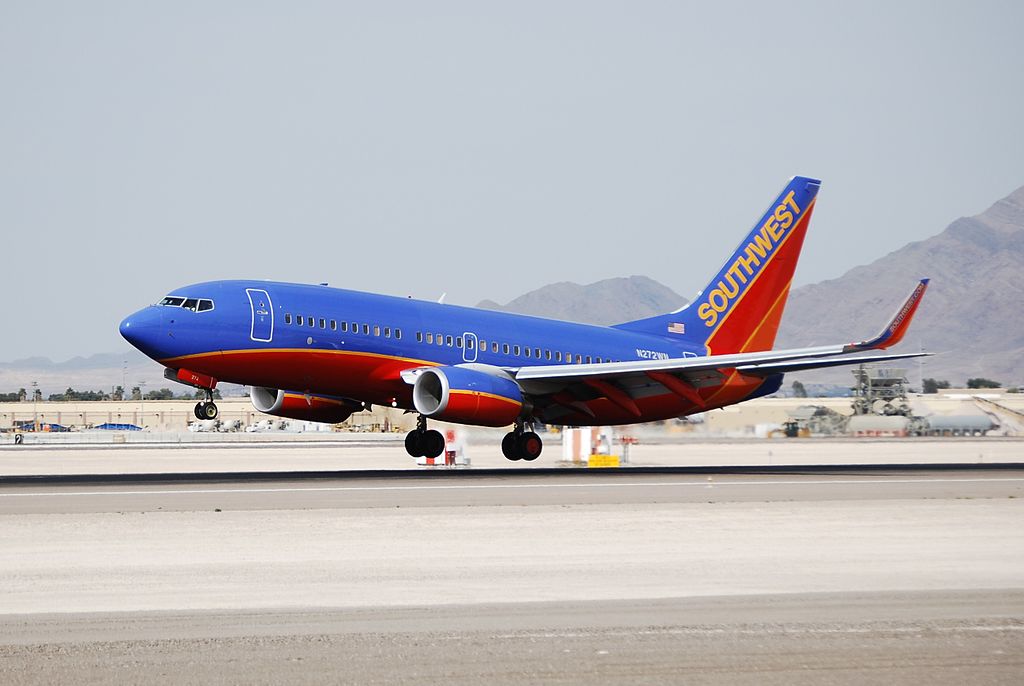Airline Bailouts Saved Jobs, While Boosting Executive Salaries

Image Source: Creative Commons Zero - CC0
The three rounds of airline bailouts authorized by Congress are credited with saving around 75,000 aviation jobs – but that’s not all they may have boosted. New analysis suggests the money also directly benefited airline executives by inflating stock prices as well.
In the three rounds of bailouts given to the U.S. based airlines by Congress, who won the most? While unions and stakeholders argue that workers were given the biggest boost, executives and shareholders may have had the last laugh. A new analysis by The New York Times suggests that while the money did save jobs, executives and shareholders got the biggest benefits.
Despite 75,000 Jobs Saved, Airline Industry Shares up 200 Percent from Pandemic Lows
Collectively the Times notes that airlines received a total of $50 billion in grants, including Payroll Support Program funds. This number does not count the loans taken by the airlines, which caused three carriers – American Airlines, Delta Air Lines and United Airlines – took financing against their loyalty programs to repay the debt.
Although the money did keep 75,000 aviation workers employed (except for a brief layoff between bailout packages), the analysis suggests that airlines took more per worker than they were paying out. Each job saved cost the government $300,000, with that number increasing between rounds. For comparison: the ERI Economic Research Institute suggests the average airline customer service agent makes $47,906 in a year, while flight attendants earn $68,522 annually and pilots take home $121,680 yearly.
The money may not have just went into airline’s bottom line. Since the government invested in air carriers, share prices have jumped by approximately 200 percent from their lowest point in May 2020. Airline executives are commonly paid in a combination of salary and stock options, meaning the money indirectly may have benefited their pockets as well.
“No other industry affected by the pandemic received more from the government,” New York Times columnist Andrew Ross Sorkin writes in his analysis. “There was no special program for hotels or restaurants or travel agencies. Companies in those industries had to line up for the small business-focused Paycheck Protection Program and pray. The largest loan the program could make was $10 million.”
Economists Call Airline Bailouts Bad Business for America
This isn’t the first time economists have said airline bailouts are not the best use of public funds. In March 2020, the Mercatus Center at George Mason University noted that airline bailouts “are rarely appropriate,” as aviation bankruptcies do not “present any significant contagion risk to the economy.” At the same time, economist Tim Wu argued in the Times that if airlines did not spend so much time buying back stock options, they could have successfully survived a severe business downturn.
























Capitalism profits. Socialized losses.
Part of capitalism should be to take the lumps as they come. Airlines should have been responsible and put away money for a rainy day rather than buying back stock. The US isn't a socialist country and airlines shouldn't expect government handouts. They should be pulling themselves up by their own bootstraps.
"...If airlines did not spend so much time buying back stock options, they could have successfully survived a severe business downturn..." Airlines can't have it both ways; if essential businesses, critical to national security, then there should be some financial responsibility. After the 2008 crash, banks are now required to pass periodic "stress tests", to assure proper levels of credit, liquidity to weather the inevitable market downturn. Washington is irresponsible for not imposing similar requirements on airlines, in return for the bailouts.
It’s obvious by the tone of this article the author wants all industries own by the government as they know nothing about how free enterprise and capitalism works. The cryptic math used in the article also show a lack of understanding about the costs of running an airline, of which labor is only a minor component when the goal is to keep the routes open and planes flying. Plus the article ignores the critical role airlines play in moving freight, which with the airlines bankrupt, would have constituted a genuine national disaster.